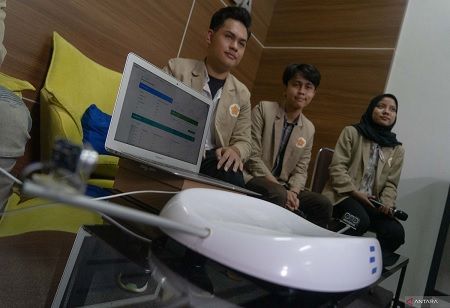- Kosabangsa program now involves 121 universities across 24 provinces
- Focus areas include poverty reduction, stunting, and local economic development
- New targets for 2025 include creative economy, renewable energy, and food security
The Indonesian government is expanding its Kosabangsa program to drive inclusive regional development by connecting universities with local communities. The initiative now includes 75 implementing universities and 46 partner universities across 24 provinces, covering approximately 77 percent of the country’s territory.
Kosabangsa, short for ‘Social Collaboration for Community Development’, aims to solve real world challenges such as poverty, stunting, and weak local economies. The program mobilizes students, lecturers, and researchers to work directly with underdeveloped and remote communities, offering science based and sustainable solutions.
According to Fauzan Adziman, Director General of Research and Development at the Ministry of Higher Education, Science, and Technology, the program helps bring the benefits of research and innovation directly to the people. He added “We hope the community will directly experience concrete benefits”.
One standout initiative is in East Nusa Tenggara, where universities collaborate with local governments and education bodies to reduce stunting through a holistic approach, integrating health, nutrition, local culture, and environmental practices.
Ketut Adnyana, Director of Research and Community Service, emphasized that the program's success depends on effective collaboration between sectors and accurate mapping of local problems to align with national development goals.
Also Read: Indonesia and Austria Unite to Revolutionize Vocational Education
In 2025, Kosabangsa will expand into new focus areas such as the creative economy, renewable energy, blue economy, and food self-sufficiency. From Aceh to Papua, students and universities are playing a critical role in turning local potential into long-term development and innovation.
The Kosabangsa program reflects Indonesia’s commitment to making higher education a driving force for regional transformation and sustainable progress.

